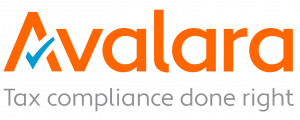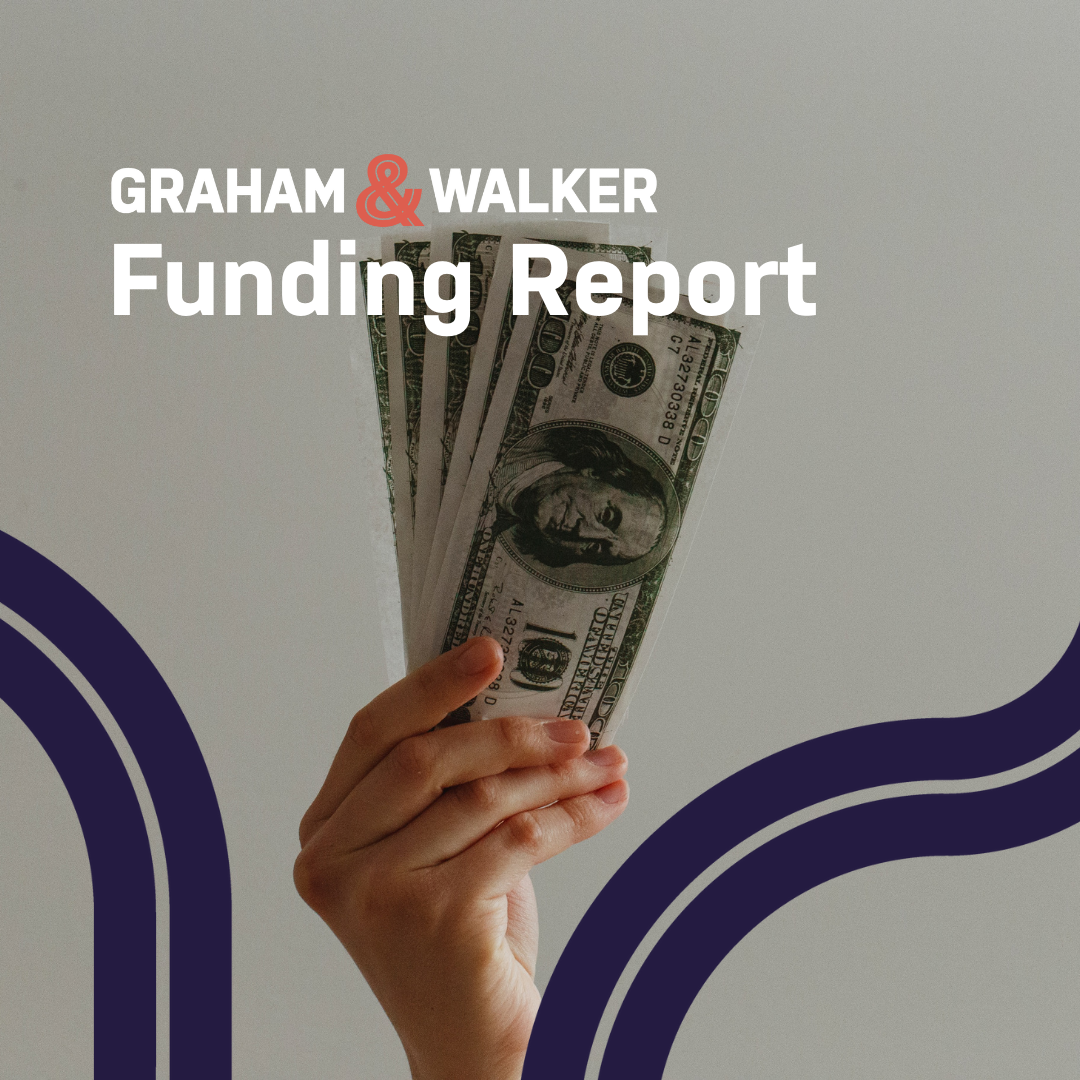This edition of “Ask the Expert” is brought to you by Avalara. We asked the FFA community what questions they had for Liz Armbruester, Avalara’s SVP, Global Compliance. Read on for her insights.

Avalara helps businesses of all sizes get tax compliance right. In partnership with leading ERP, accounting, ecommerce, and other financial management system providers, Avalara delivers automated, cloud-based compliance solutions for transaction tax, including sales and use, VAT, GST, excise, communications, lodging, and other indirect tax types. Headquartered in Seattle, Avalara has offices across the U.S. and around the world in Brazil, Europe, and India.
I’m a startup founder so I spend most of my time focused on product development and securing customers. Why should I devote valuable time to managing tax compliance?
While it may be tempting to deprioritize tax compliance in favor of revenue-generating or growth activities, you do so at your own risk. With businesses, it’s not a question of if you’re audited, but when. States are very good at collecting back taxes and penalties for noncompliance. Unresolved tax issues can also come back to haunt you if you’re trying to secure venture capital funding, go public, or explore a merger. Investing time in tax compliance early on can save startups precious runway and resources in the long run.
What are the five main steps to managing sales tax compliance?
While tax compliance is a complicated process, there are five basic steps to get you in alignment:
- Determine where your business has nexus
- Register with the appropriate tax departments to collect and remit sales tax
- Calculate the correct amount of tax, based on where sales take place
- Collect and manage exemption certificates on tax-exempt sales
- File returns and remit taxes to each tax authority you’re registered with
What does “establishing nexus” mean?
If you’ve been researching sales tax, you’ve likely come across this term. It simply refers to the sales activity required to create a sales tax obligation in a particular state. Less simple is what those activities are. Each state has its own requirements, including business or employee presence, number of transactions or sales totals, trade show attendance, and so on. It’s important to keep track of what establishes nexus in each state and jurisdiction where you do business.
I understand there are different tax requirements for selling in different states. Can you outline the key differences across states?
In addition to the activities and thresholds that trigger nexus, each state sets its own rules around business licensing, registration, returns remittance, and tax or exemption certificate collection requirements. Your obligations can vary if you’re selling on a marketplace or drop shipping from a warehouse. Products are also taxed differently in each state. The variation of rules is one of the key reasons automating is such a time-saver for companies selling in multiple states.
I’m building an ecommerce platform and drop shipping products from anywhere in the world to anywhere in the world. What taxes do I need to pay? How would all of the taxes automatically get calculated?
Any business shipping across international borders needs to be aware of global taxes and tariffs. Value-added tax (VAT) and goods and services tax (GST) are the international equivalents of sales tax in many countries. In addition to those, you’ll need to pay import taxes and customs duties (also called tariffs). You can automate calculation of these with an international tax solution, like Avalara Cross-Border.
To learn more about how to offload tax compliance, register for this webinar. I’ll be hosting on March 10, at 10:00 a.m. PT.
If you’re ready to offload compliance now, FFA members can get three months of sales tax automation with zero payments.
About Liz:

Liz Armbruester, SVP Global Compliance Operations
Avalara executive Liz Armbruester brings 20+ years of demonstrated success and operational experience to the global tax compliance company headquartered in Seattle, WA. She leads the global returns and reporting functions for Avalara and has been with the company since 2013. Liz has worked in a variety of technology sectors including software, media and services.

